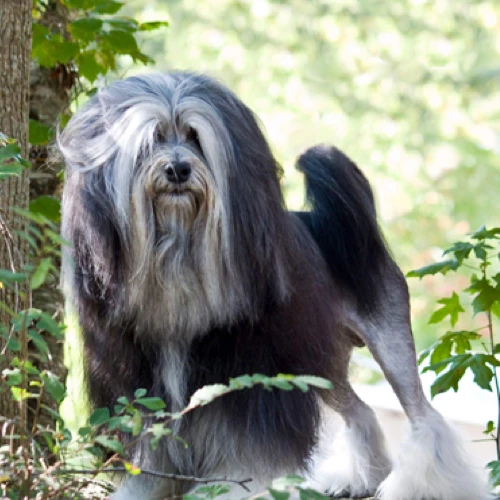
Löwchen
About
The Löwchen is a delightful, affectionate, and intelligent breed that makes an excellent companion for families, singles, and seniors alike. With their unique appearance, friendly nature, and love for play, Löwchens thrive in homes where they can be involved in daily activities and receive ample attention. Their combination of loyalty, playfulness, and adaptability makes them a charming and loving addition to any household.
 Breed Size
Breed Size
-
Weight (Male)
4-8 kg
-
Weight (Female)
4-8 kg
-
Height (Male)
27-33 sm
-
Height (Female)
27-33 sm
 Coat
Coat
-
Fur Type
Wavy
-
Color
One color
 Care
Care
-
Walk
>30 minutes/day
-
Breed group
Non-Sporting Group
-
Breed Size
S
-
Demeanor category
Outgoing
 Breed Traits
Breed Traits
-
Barking
-
Good with young children
-
Drooling
-
Energy level value
-
Grooming frequency value
-
Good with other dogs
-
Trainability
 Breeds Club Recognition
Breeds Club Recognition
-
Trainability Category
>Agreeable
-
Temperament
>Affectionate, Outgoing, Positive
Description
The Löwchen is a small, affectionate companion dog, originally bred in Europe during the Renaissance as a lapdog for nobility. This breed descends from ancient toy breeds, resulting in an intelligent, playful, and highly social companion.
- Origin: Europe, developed for companionship.
- Smart and trainable: Quick learner with an eager-to-please nature.
- Loyal and affectionate: Forms deep bonds with its family.
- Energetic and playful: Requires daily exercise and mental stimulation.
- Long, flowing coat: Low-shedding but needs regular grooming.
The Löwchen is a lively and friendly companion, excelling in obedience, therapy work, and companionship. With proper training and early socialization, they become well-mannered, affectionate pets suited for families and individuals alike.
